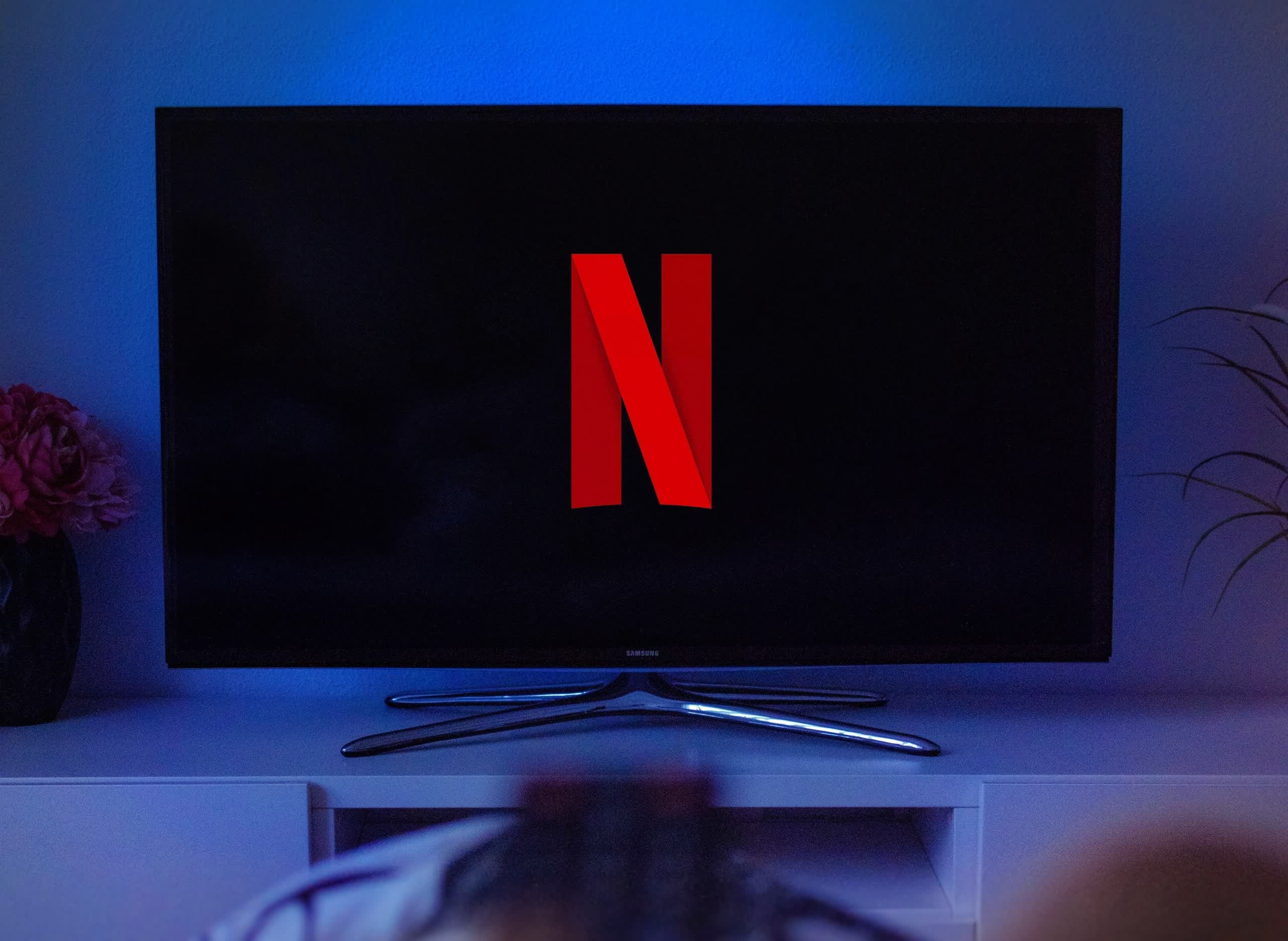WTF?! Netflix has warned subscribers of an impending crackdown on password sharing. Simultaneously, Netflix is trying to push more users onto its premium tier. Its newly revealed solution seems surprisingly harsh and could complicate the service for many users.

Netflix subscribers in three Latin American countries can now read the details on the company's new restrictions to prevent password sharing. The new conditions appear on the Netflix help center's page on sharing accounts only when the country selector is set to Chile, Costa Rica, or Peru. The company hasn't elaborated on plans to expand the new policy globally.
From now on, devices logged into Netflix must check in from the account holder's IP address once every 31 days. Additionally, the service will immediately block any new devices that try to log in from a different IP address.
If a device in the account owner's household is blocked – perhaps a subscriber who doesn't stream on all of their devices every month – logging in again from the home network should unblock it. If it doesn't regain access, users can go to the settings and navigate to Manage Primary Location->Troubleshoot This TV. From there, they can scan a QR code with a smartphone to unblock the device.
The streaming service offers methods for registering a device while traveling and avoiding getting blocked. Users can log in on their phone, tablet, or laptop before leaving to report it as trusted. For those wanting to watch from a stationary device like a hotel room TV, subscribers can request a seven-day code they can receive via email or text. Users who are away for over 31 days can no longer use Netflix.
Since last July, Netflix has charged extra for customers in certain Latin American countries who want to share their accounts with users outside their homes. However, the additional fee costs less than a separate first-tier Netflix subscription. Last October, the company started letting viewers transfer their profiles to new accounts to encourage more users to pay subscriptions instead of sharing.
Alongside the new rules, Netflix announced that it expanded the number of titles that support spatial audio, but only for customers on the highest subscription tier. The service first introduced spatial audio on Apple devices using Apple Spatial Audio in 2021, then extended the feature to all devices the following year using Sennheiser's AMBEO technology.
This week, Netflix gives premium subscribers access to its protocol – Netflix Spatial Audio – on over 700 titles like Stranger Things, Wednesday, and Glass Onion. The technology will also feature in future programs like Luther: The Fallen Sun and Tour de France.
It has also expanded the number of devices premium subscribers can use offline from four to six.
https://www.techspot.com/news/97461-netflix-block-devices-dont-log-monthly-more-premium.html